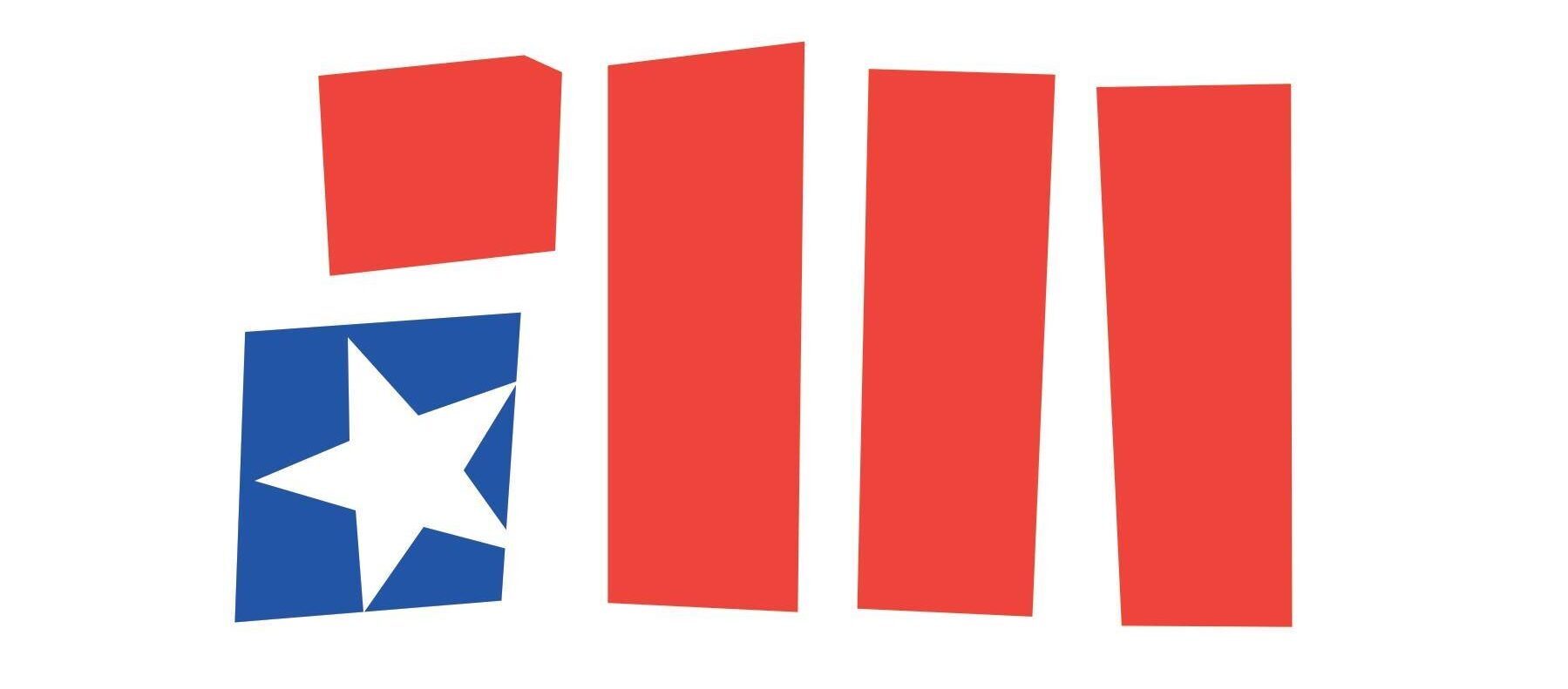Kidizenship and the Future of Civics Education
What would you do if you realized your children did not have a nuanced understanding of what democracy is and how it works? Amanda Little, a journalist and Writer-in-Residence at Vanderbilt University where she teaches journalism and science writing, found herself confronted with this question when she and her daughter attended the Women’s March in Washington, D.C., in January 2017.
Little recalls, “Everybody was shouting, ‘This is what democracy looks like!’” and her daughter asked, “What exactly does democracy look like?” She gave her best answer, and upon returning home began to look into how her childrens’ schools taught civics. Little found that civics education across the country has eroded significantly since the 1970s, and today only 38 states and the District of Columbia require any high school civics course.
These realizations led her to ask, “If we as parents are willing to supplement arts and athletic education…why aren’t we doing this with civics?”
Home-Grown Civics Program
Little’s answer was to start a “homespun” civics program in Nashville later in 2017. Roughly 25 families from diverse political and socioeconomic backgrounds came together to teach their 8-14-year-olds how local, state, and federal governments work. They also discussed the rights and responsibilities of citizens. Their informal class met in parks and on porches over eight Sunday afternoons.
In addition to meeting newly naturalized citizens, state senators, and federal judges, the adults taught their kids how political campaigns work and votes are counted, the structure and purpose of the federal government, and some other specific issues. The kids also did hands-on learning through art projects like creating collages of their own American flags. As a content creator herself, Little saw that the kids “were producing really exciting content,” which she recognized as a potential “opportunity to create a platform for kids to express themselves on civics.” However, with her responsibilities as a journalist and educator, Little did not have time to keep the program going after that first season.
Kidizenship
Two years later, Little revisited the civics program in light of the COVID-19 pandemic and George Floyd’s murder. “It became really clear to me that there were all these young voices pouring out into the streets that had extra time on their hands and were isolated during the pandemic,” she remembers. Little received a grant to create Kidizenship, a national digital platform to publish, mentor, inspire, and reward youth content.
Kidizenship has hosted a series of creative contests inspired by the original group’s workshops. The Show Us Your Nashville contest, which was financially supported by Humanities Tennessee, had hundreds of students throughout Nashville create presentations about the changes and improvements they wanted to see in their city. According to Little, these included “everything from plans to decarbonize the city to create opportunities for affordable housing, local and community gardens, solar paneled schools, [and] burying power lines.” The finalists met with Nashville Mayor Freddie O’Connell, and the Metro Council honored them. Little says the students, “were just amazed and thrilled that…civic action could translate from an idea that they drew on a page and wrote down in a couple paragraphs to meeting city officials and seeing how those ideas might play out in the real world.” The experience of participating in these contests gives students a sense of belonging and agency that reinforces that they are a participant in democracy even if they cannot vote.

Watch Us Rise
The success of the Kidizenship contests led to the creation of Watch Us Rise, a digital national youth civics magazine. They commission stories from middle and high schoolers as well as some from undergraduates. Little says the work is led by questions including, “How do we reinvent Schoolhouse Rock for the 21st century? How do we create great, exciting content by kids, for kids on civics and politics? How does that become a gateway for civic engagement and then ultimately a sense of belonging…and a desire to participate?”
Increasingly, they’ve seen the opportunity to connect young people through syndicating articles from high school newspapers through their Student United News Network. In addition to creating a space for curated youth content, Little sees the magazine as an opportunity to help youth see journalism and content creation as a form of lived civics, build media literacy, and allow kids to engage in politics in a way that feels responsible, safe, and respectful.
“When you listen to many young people, many of whom have [a] pre-partisan mindset…there’s a lot of creativity. Many of them have different concerns and interests…but there is a willingness to think creatively and to hold space for different opinions and perspectives and to be influenced by each other rather than just…yelling at each other,” she observes.

Future of Civics Education
Over the next decade, Little would like to see Kidizenship return to its origin by forming “intimate connections with local communities” while still serving as a media platform for civic storytelling. She notes that the hard questions of how democracy works and what we want our nation to be “need to be discussed in ways that feel really personal and specific to each community right now.” She wants to explore what is common in what students across the country are writing as well as the original ideas that are expressed “in different parts of the country that could be inspiring and eye-opening in other regions.”
As for the students who have participated in Kidizenship and Watch Us Rise, Little hopes that as adults they “feel a sense of belonging and purpose…and that [voting] feels like a privilege and an opportunity to have a voice in democracy.” She also hopes some are interested in going into public office. Ultimately, she wants them to “think like journalists – listen and process different perspectives, find facts, look for truth – those are critical tools not just for surviving but thriving in a really difficult time.”



